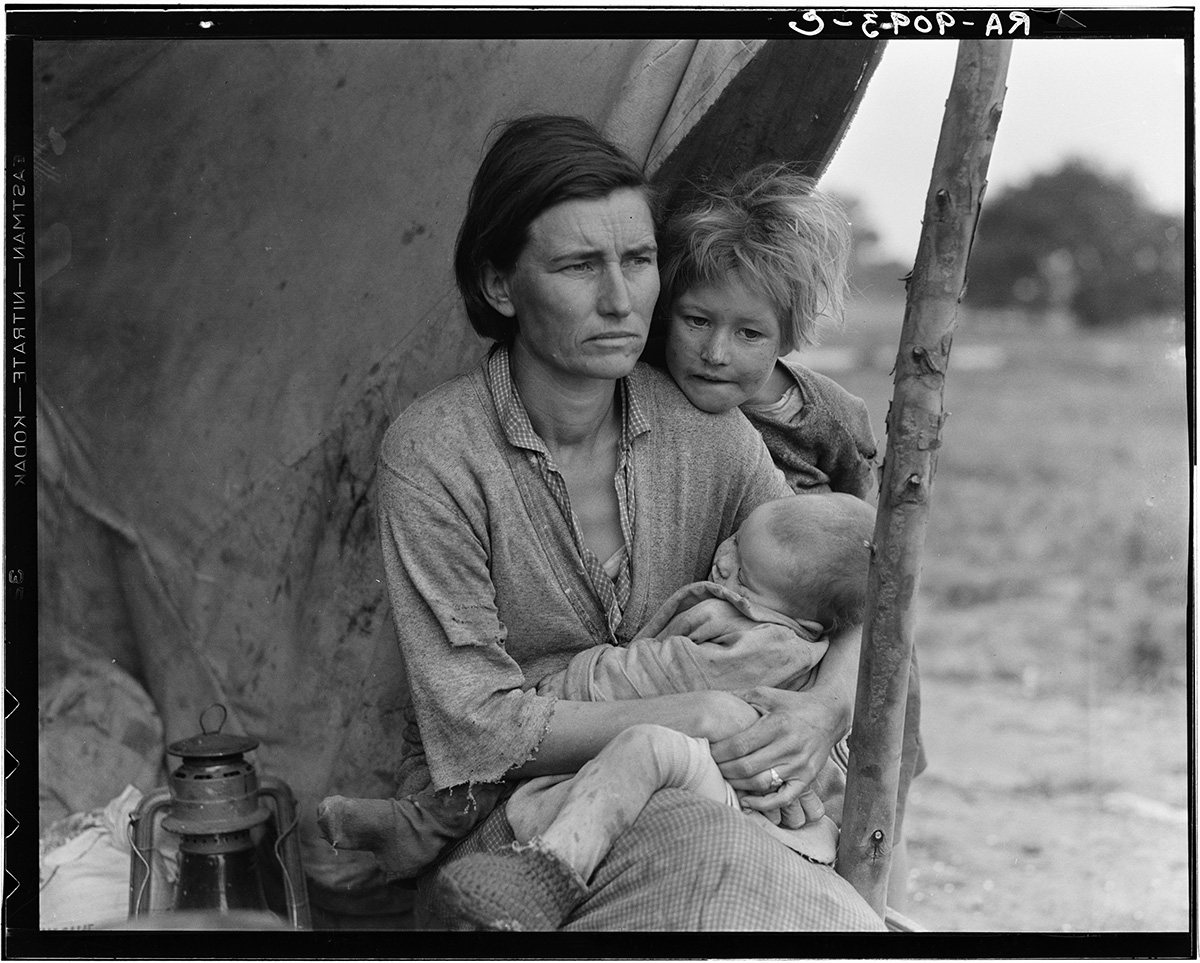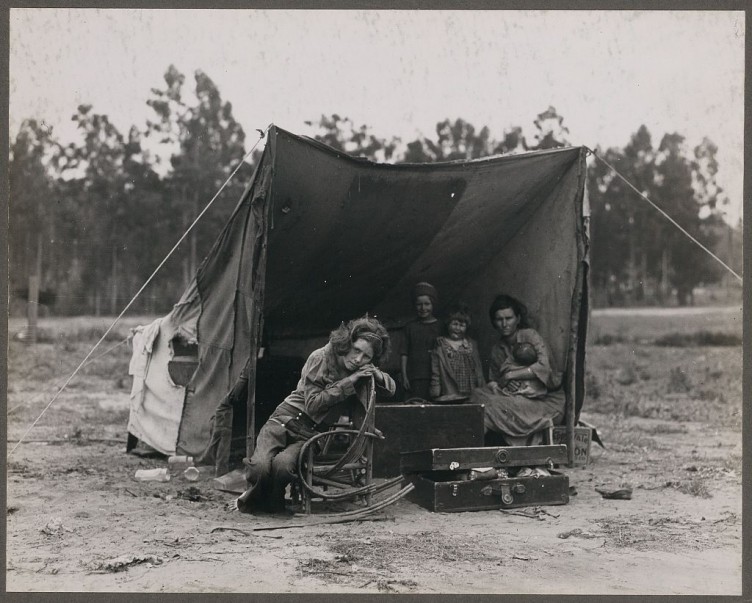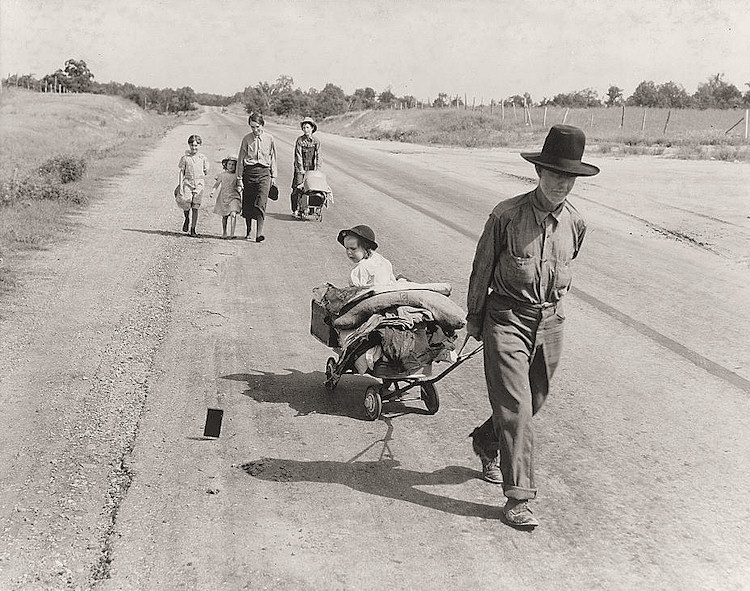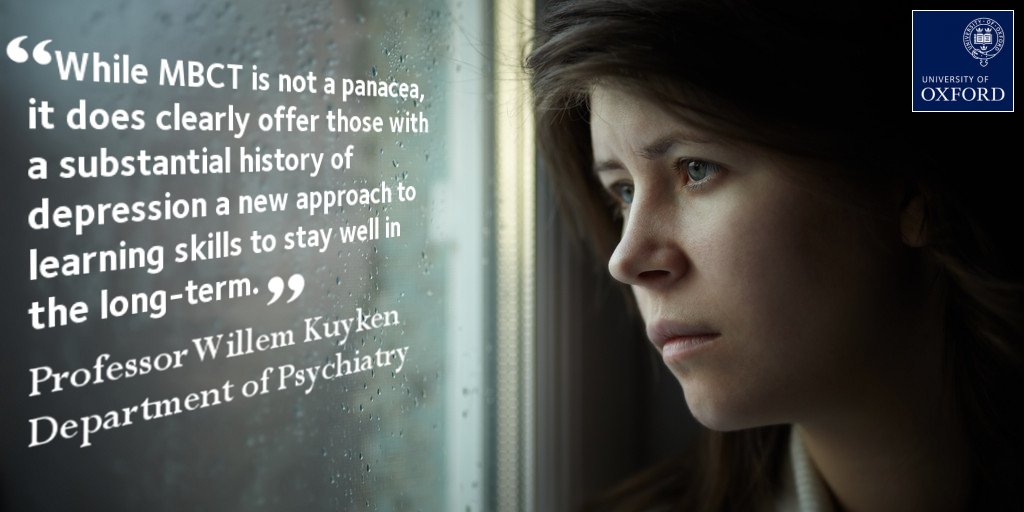The last 25 years of Marie "Mimi" Haist's life sounds almost too unbelievable to be true: Divorced, jobless, and without a home, she sought shelter in a laundromat for nearly 20 years in an upscale Santa Monica neighborhood. She slept between the first row of washers and dryers and earned money by helping fellow customers wash their clothes. It wasn't much, but enough to at least buy a little something to eat. Then—because life is odd, random, and totally unexpected—Mimi met a couple of movie stars who ended up becoming her friends.
Yeah, you can't make this up.
With the help of those friends—the laundromat's owner, Stan Fox, and movie stars
Zach Galifianakis and
Renée Zellweger (but more on that later)—Mimi was able to get an apartment, a phone, and home furnishings. And now, Mimi's remarkable story is the subject of a new documentary, Queen Mimi, which premieres with a limited release today.
"I thought it was interesting," says Mimi of a film documenting her life. "I remember [director] Yaniv [Rokah] following me around and photographing me. It was fun!" Rokah cites Mimi's youthful personality and contagious spirit as one of the reasons he wanted others to know her story, but it took some time—five years to be exact. "Sometimes it was very challenging to get Mimi to talk about her past," reflects Rokah. "But I was patient."
The two met when Rokah was an aspiring actor, working across the street from the laundromat at a cafe. "I noticed how this elderly woman in her 80s seemed to spend every night there," remembers Rokah. "I thought, Who is she? Why is she there? I’d make Mimi’s coffee every day, and we became friends. I think she put a spell on me."
Rokah wasn't the only one who fell under Mimi's spell. Fox, the owner of the laundromat, initially condoned Mimi's presence. "Every night, Mimi would take a bus to sleep behind the bushes near UCLA," relays Rokah. "However, one cold and rainy night, the owner felt bad...so he offered Mimi to sleep inside the laundromat. That was the start of Mimi's 17 years there."
In the late '90s, Zach Galifianakis was still years away from superstardom in The Hangover when he met Mimi at the laundromat. "I taught him how to wash his clothes," remembers Mimi. "I later met Renée [Zellweger] through Zach." Although Mimi didn't know who Zach was at the time, things were a bit different when she was introduced to Zellweger. "Of course, I recognized her right away from the movies!"
And now, Galifianakis and Zellweger are part of Mimi's movie. "I really appreciate Zach and Renée for [everything they've done]," says Mimi. "I have a place to live now and my own bed. I now get my social security, so it helps me pay [for food] and my phone bill." But just because Mimi is living life in the spotlight doesn't mean she's forgotten where she came from. "I still go to the laundromat every day. I do my own washings, of course. I go there to keep busy and teach people how to wash their clothes." So, does she get recognized? "People come into the laundromat and say, 'Oh, I know you! You're a star!' It shocks me," says Mimi.
Being recognized might shock Mimi, but Rokah isn't surprised by any of it. "Mimi [says] that when life deals you lemons, just make a lemon drop martini!" he says of Mimi's many words of wisdom. "I just hope that viewers [learn] that we need to stop judging people for who they are or how they seem to appear. We need to celebrate our differences. We're all in this together, and we need love."














Bob Dylan removes mention of Nobel prize from website